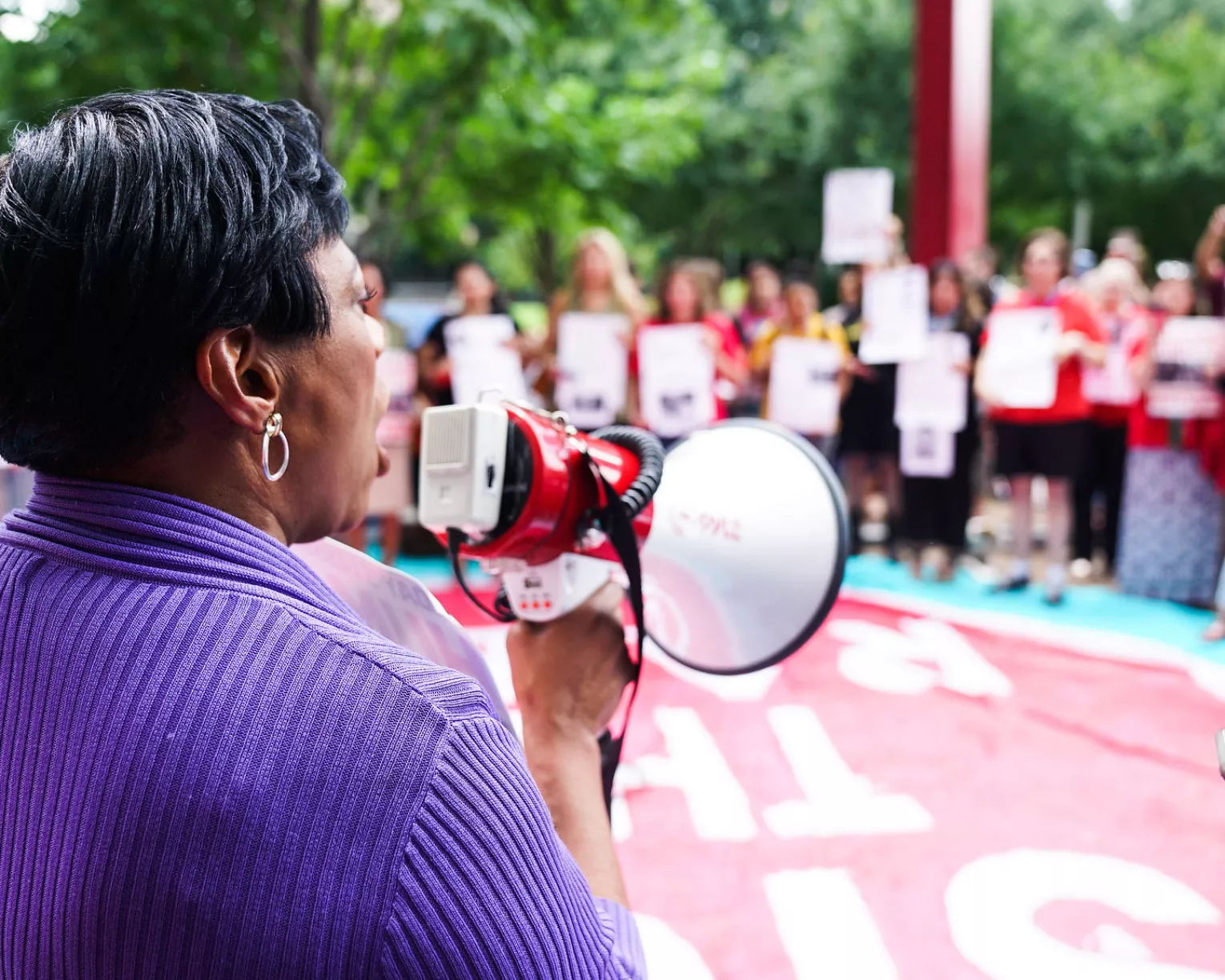We're speaking up for our students and public schools. Visit our Action Center to find out what you can do.
Learn More
Published: December 6, 2021
NEA members play an important role in building support for federal legislation. Face-to-face meetings with senators, representatives, and their staffs are especially valuable, and can be held back home or in Washington, DC. Virtual meetings have become commonplace during the COVID-19 pandemic, and are another way to connect with lawmakers.
Your stories and experiences are the most powerful tool we have. Sharing them can galvanize, warn, and persuade in a way facts, numbers, and statistics do not. Here are some tips on how to proceed.
We're speaking up for our students and public schools. Visit our Action Center to find out what you can do.
Are you an affiliate?
Jump to updates, opportunities, and resources for NEA state and local affiliates.

Speak Up For Students and Public Schools
When we act together and lift our voices together in unison, we can improve the lives of children.
Stay Informed We'll come to you
We're here to help you succeed in your career, advocate for public school students, and stay up to date on the latest education news. Sign up to stay informed





